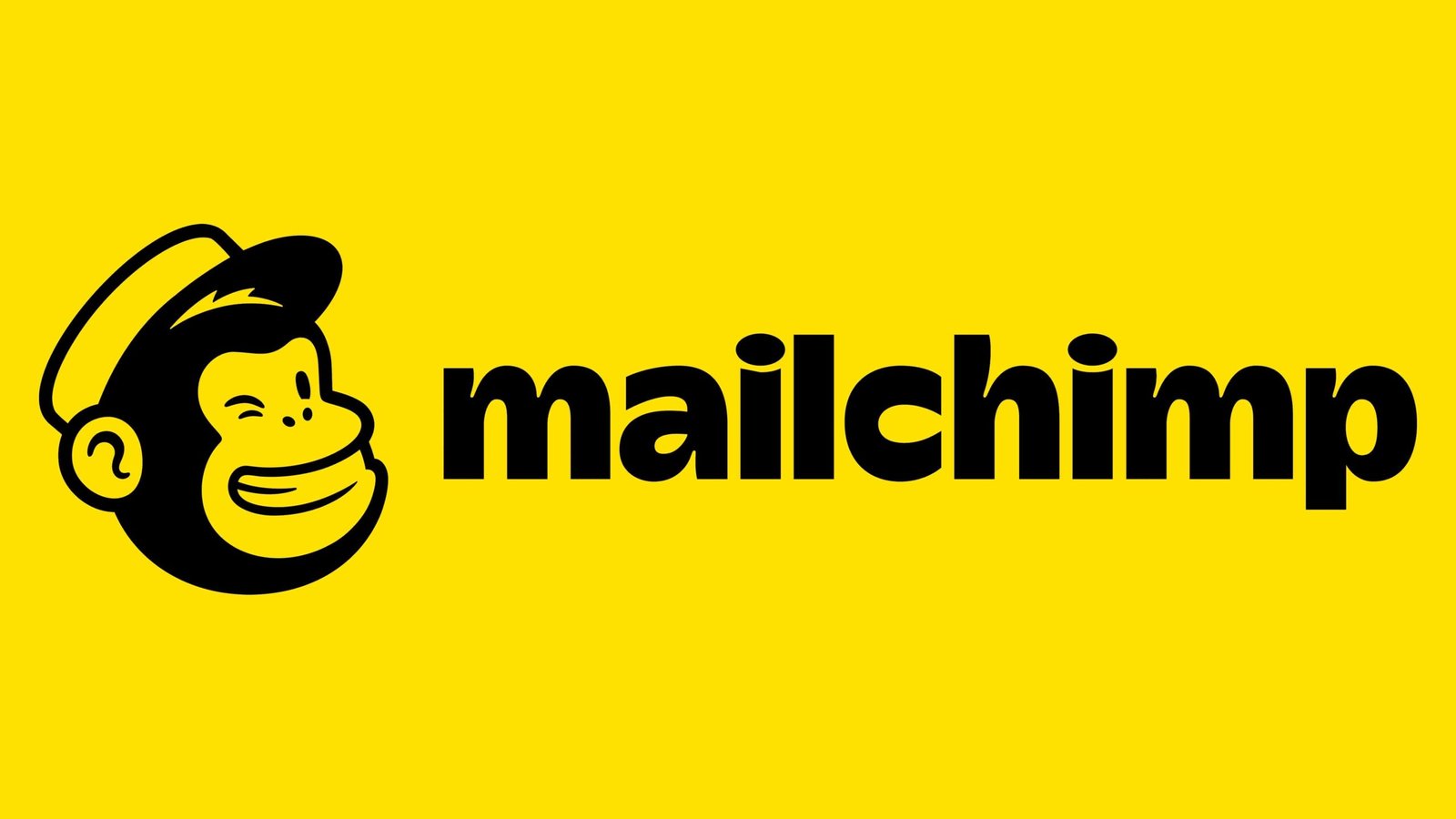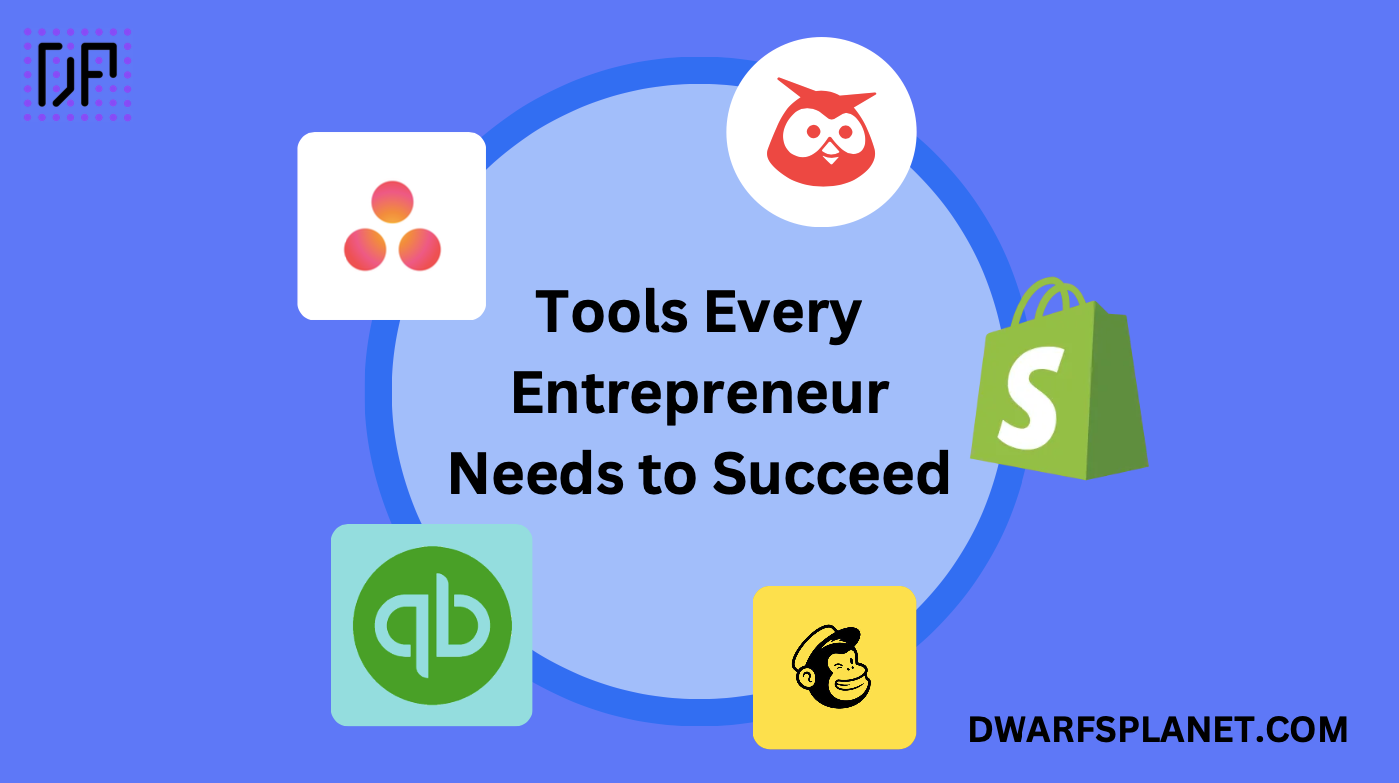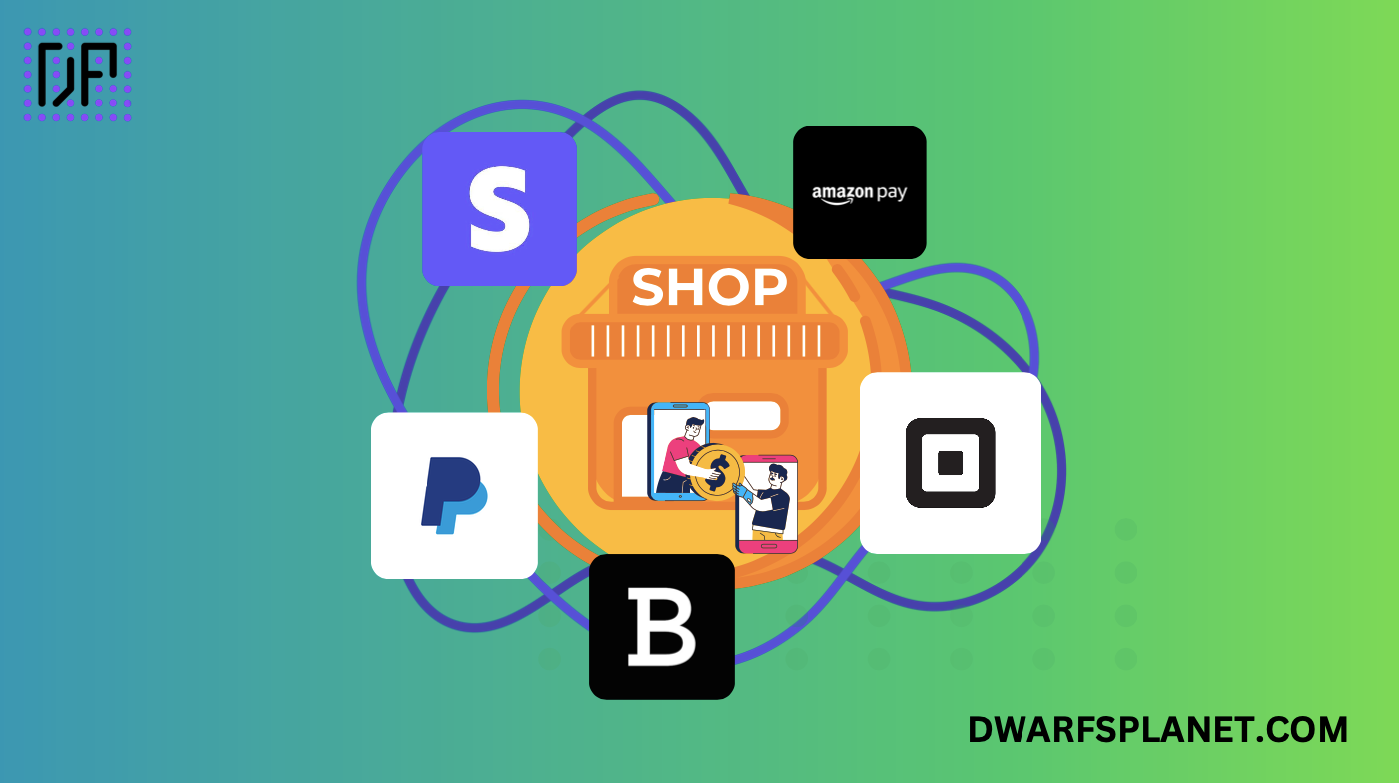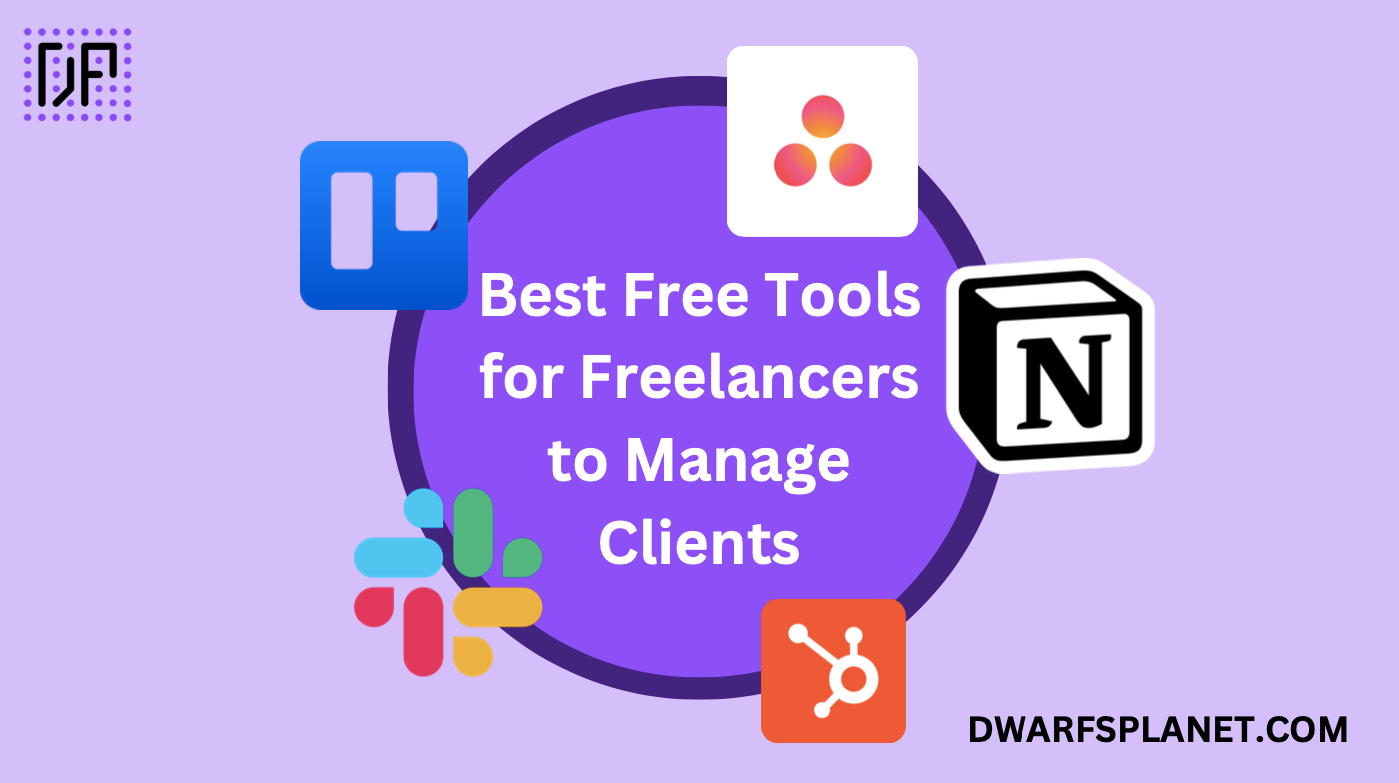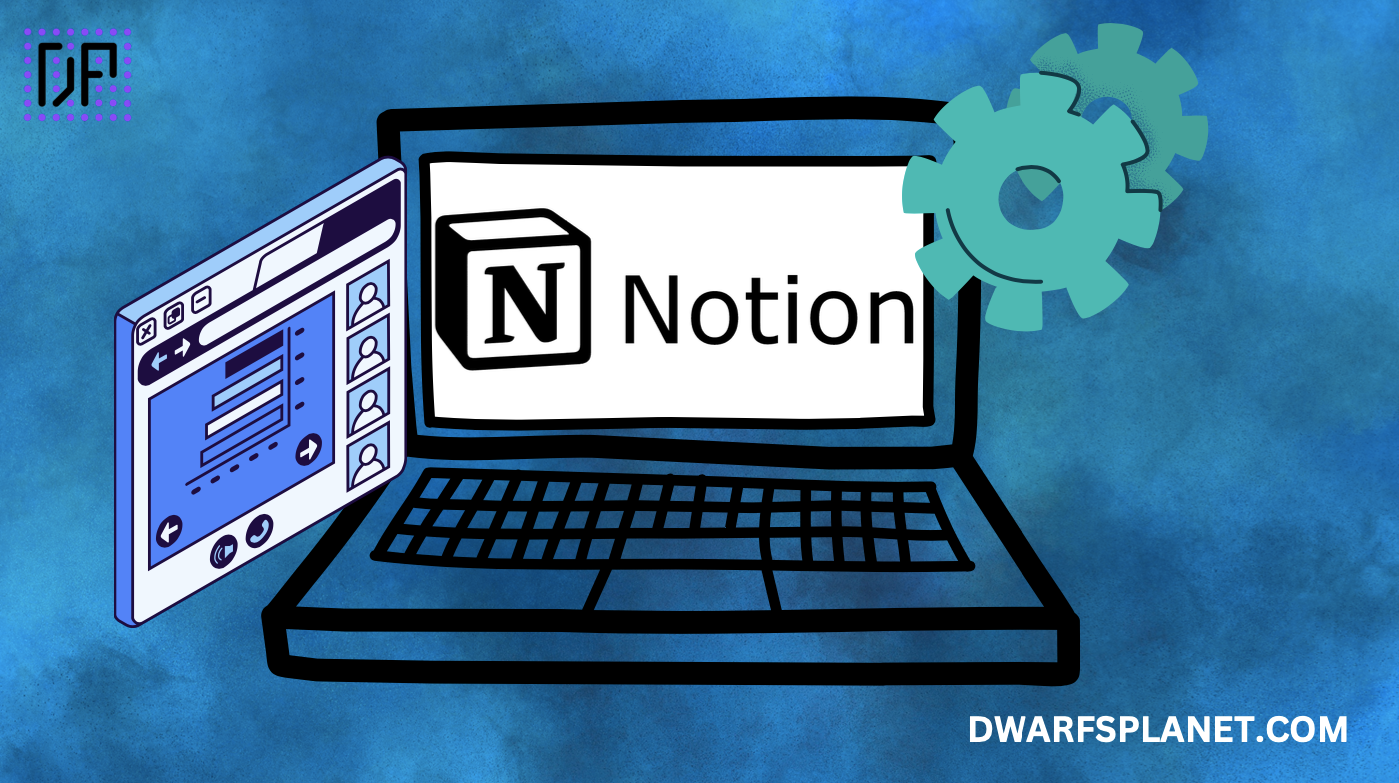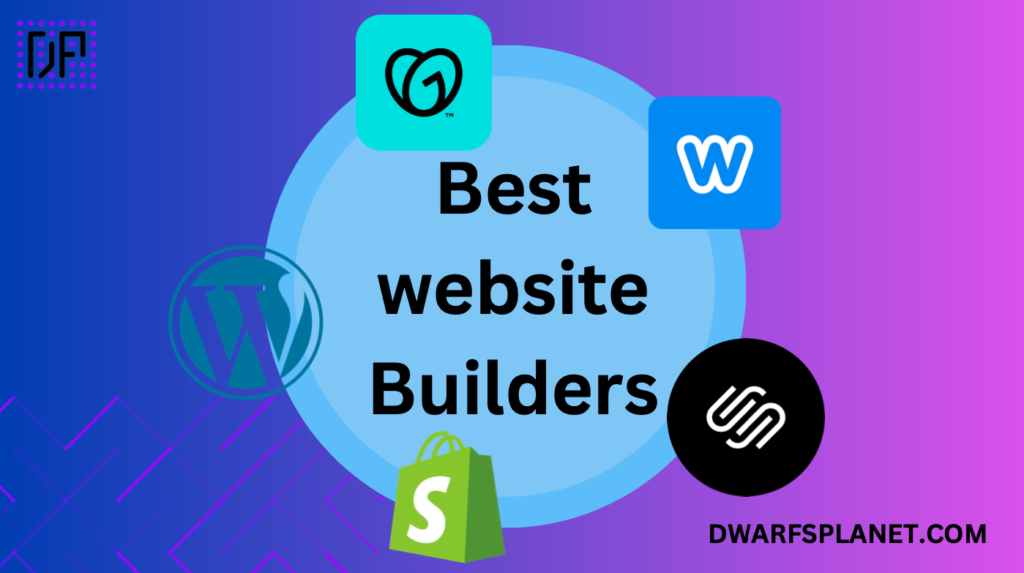
In 2025, website builders are more advanced and user-friendly than ever, catering to diverse needs, from simple blogs to sophisticated e-commerce stores. Whether you’re a small business owner, a freelancer, or a large enterprise, there’s a website builder for every purpose. Here’s a comprehensive look at the top 10 website builders of 2025, each offering unique features, ease of use, and scalability.
1. Wix
Wix remains a powerhouse in website building thanks to its flexibility, drag-and-drop editor, and advanced customization options. It offers over 800 templates and integrates seamlessly with third-party apps for added functionality.
- Features:
- Drag-and-drop customization and an AI-based design option called Wix ADI (Artificial Design Intelligence).
- Advanced SEO features, including integrated SEO tools.
- Multiple integrations for e-commerce, bookings, and social media.
- Best For: Small business owners, bloggers, and freelancers.
Wix’s versatility and intuitive design make it ideal for those wanting a custom look without complex coding.
2. Squarespace
Squarespace is known for its polished, visually appealing templates, making it a favorite for creatives and artists. It’s particularly suited to building visually driven websites, such as portfolios, photography sites, and wedding websites.
- Features:
- Stunning templates with strong visual appeal.
- Integrated e-commerce functionality and a suite of marketing tools.
- Comprehensive blogging tools and SEO support.
- Best For: Artists, designers, and photographers who prioritize aesthetic appeal.
Squarespace’s aesthetic focus and streamlined templates make it a standout choice for creatives looking to showcase their work professionally.
3. Shopify
Shopify leads the way for e-commerce websites, providing a platform packed with features for online selling, inventory management, and shipping logistics. With Shopify, users get built-in tools and third-party apps that enable quick, effective online store management.
- Features:
- Robust e-commerce capabilities with inventory tracking, payment processing, and marketing tools.
- Integration with major marketplaces like Amazon and eBay.
- 24/7 support and scalability for large inventories.
- Best For: E-commerce entrepreneurs and online retailers.
Shopify’s user-friendly platform and excellent scalability make it the best option for those serious about online retail.
4. Webflow
Webflow is an advanced website builder that combines visual design flexibility with powerful code export capabilities. It’s perfect for designers and developers who want control over site appearance and functionality without sacrificing customization.
- Features:
- Design-first approach with HTML, CSS, and JavaScript flexibility.
- Excellent CMS features, including custom databases and content modeling.
- Hosting and SSL included, along with e-commerce tools.
- Best For: Designers and developers with some technical knowledge.
Webflow is ideal for those seeking a sophisticated website that goes beyond typical templates, allowing for unique and dynamic site elements.
5. Zyro
Zyro, part of the Hostinger family, is a straightforward and affordable website builder suitable for beginners. It provides a variety of templates and a guided drag-and-drop editor that simplifies the website-building process.
- Features:
- AI tools that offer logo creation, heatmaps, and writing assistance.
- Simple drag-and-drop functionality.
- Affordable plans with e-commerce options.
- Best For: Small businesses and individuals on a budget.
Zyro’s affordability and user-friendly design make it perfect for beginners and small businesses looking to get online without a significant investment.
6. WordPress.com
WordPress.com is a versatile website builder with robust blogging and content management capabilities. It’s ideal for bloggers, publishers, and those looking to build content-heavy websites. WordPress.com offers the flexibility of plugins, themes, and a vast community of support.
- Features:
- A vast library of themes and plugins to extend functionality.
- Strong SEO tools and advanced blogging capabilities.
- Integration with third-party applications for enhanced performance.
- Best For: Bloggers, journalists, and content-heavy websites.
WordPress.com is ideal for anyone looking to publish regularly, manage content efficiently, and build a community around their site.
7. Duda
Duda specializes in creating responsive, mobile-friendly websites. Its platform is optimized for freelancers and agencies needing to build multiple sites with ease. Duda’s tools support collaboration, which is particularly helpful for design teams and client-based projects.
- Features:
- Mobile-responsive designs with easy customization options.
- White-label capabilities, allowing agencies to brand the platform as their own.
- Built-in client management tools and customer support options.
- Best For: Agencies and freelancers managing multiple client sites.
Duda’s unique focus on mobile optimization and agency support makes it an excellent choice for client-based projects and small design agencies.
8. Weebly
Owned by Square, Weebly is a reliable, easy-to-use platform for building basic websites, blogs, and small online stores. Its integration with Square is seamless, making it an excellent choice for brick-and-mortar businesses looking to expand online.
- Features:
- Drag-and-drop builder with e-commerce features powered by Square.
- Inexpensive plans with basic SEO and marketing tools.
- Simple interface with mobile-responsive themes.
- Best For: Small businesses and beginners needing straightforward online presence.
Weebly’s affordability and simplicity make it perfect for small business owners who want a straightforward, user-friendly experience.
9. Jimdo
Jimdo uses AI to simplify the website-building process, creating basic sites in minutes. This builder is ideal for users who don’t want to spend much time on customization and just need a quick, professional online presence.
- Features:
- AI-driven website builder with automatic design suggestions.
- E-commerce capabilities for small online stores.
- Simple editing options for beginners.
- Best For: Entrepreneurs and small business owners seeking a fast, no-frills website.
Jimdo’s AI-based approach and streamlined platform make it an excellent choice for users needing an efficient and fast website setup.
10. GoDaddy Website Builder
GoDaddy’s website builder is highly accessible and ideal for business owners who want to create a website with minimal setup. With GoDaddy’s reliable hosting and marketing features, it’s a good choice for startups or solo entrepreneurs.
- Features:
- AI-guided builder that recommends layouts and design elements.
- Built-in SEO and social media tools.
- 24/7 customer support and marketing integrations.
- Best For: Startups and solopreneurs looking for a quick setup.
GoDaddy’s blend of ease-of-use, marketing tools, and reliable hosting make it a solid option for new businesses.
Conclusion
The website builder landscape in 2025 offers plenty of options catering to diverse needs. From highly customizable platforms like Webflow and WordPress.com to user-friendly builders like Wix, Squarespace, and GoDaddy, there’s something for every level of expertise and budget. Choosing the right website builder depends on your specific needs, whether you’re a creative professional, a small business owner, or an entrepreneur launching an online store.
 Skip to content
Skip to content 
